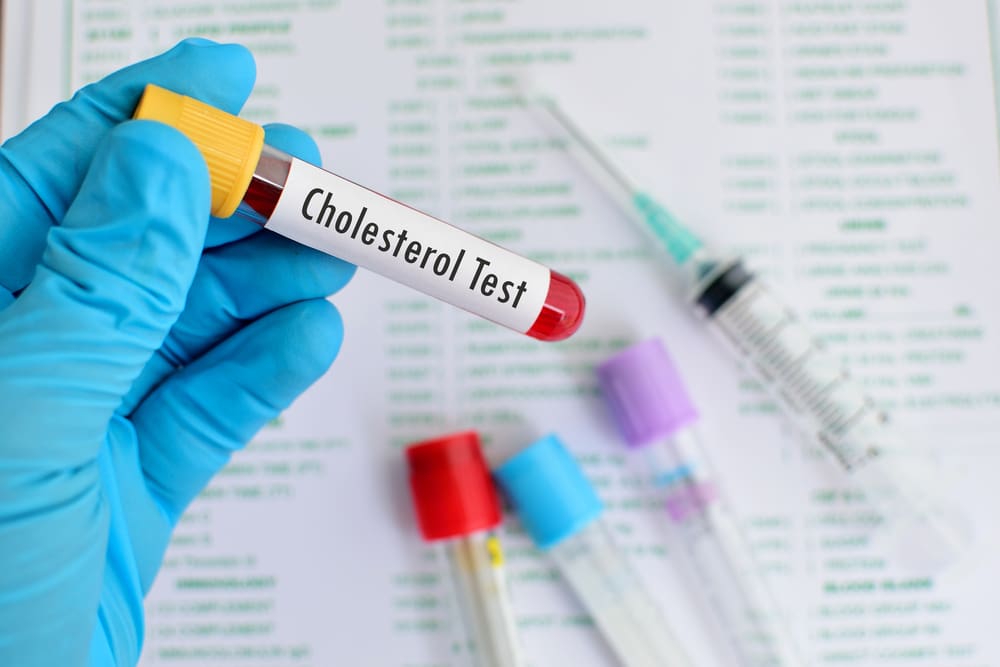Understanding how food choices affect cholesterol levels becomes increasingly important as heart health awareness grows. While occasional indulgence in certain foods might not cause significant harm when combined with regular exercise, consistent consumption of foods high in saturated fats and trans fats can lead to elevated cholesterol levels and associated health risks.
Common foods that affect cholesterol
Fast food favorites The classic cheeseburger stands as one of the most significant contributors to elevated cholesterol levels. A typical restaurant cheeseburger contains high levels of saturated fat from both the meat patty and cheese, while the butter-toasted bun adds additional fat content. When consumed regularly, these components can lead to increased LDL (low-density lipoprotein) cholesterol, often referred to as “bad” cholesterol.
Sweet frozen treats Ice cream, despite its cool and creamy appeal, carries a substantial amount of saturated fat and sugar. Premium ice cream varieties often contain even higher fat content due to their increased cream content. The combination of high fat and sugar content not only affects cholesterol levels but also contributes to weight gain, which can further impact heart health.
Comfort food concerns Mac and cheese, a beloved comfort food, combines multiple high-fat dairy products. The traditional recipe typically includes whole milk, butter, and various cheeses, creating a dish high in saturated fats. The refined carbohydrates in the pasta can also contribute to weight gain and metabolic issues when consumed in large quantities.
Fried food factors French fries and onion rings share similar cholesterol-raising properties due to their cooking method. Deep frying not only adds significant calories but also exposes food to oils that may contain trans fats, particularly when these oils are reused multiple times. The combination of high-fat content and the cooking method makes these popular side dishes particularly problematic for cholesterol levels.
Protein sources Eggs have long been debated in terms of their impact on cholesterol. While they provide valuable nutrients, the yolks contain dietary cholesterol. Current research suggests that moderate egg consumption may be less problematic than previously thought, but individuals with existing cholesterol concerns should consult their healthcare providers about appropriate intake levels.
Red meat considerations Steak, particularly fattier cuts, can significantly impact cholesterol levels. The saturated fat content varies by cut, with some options containing more than others. While lean cuts can be part of a healthy diet, portion control and preparation method play crucial roles in managing their impact on cholesterol levels.
Snack food impact Potato chips and similar snack foods often contain trans fats and high levels of sodium. The combination of these elements, along with the tendency to consume them in large quantities, can contribute to both increased cholesterol levels and blood pressure concerns.
Southern comfort Fried chicken, a staple of southern cuisine, combines protein with a high-fat cooking method. The skin and breading absorb significant amounts of oil during cooking, making this dish particularly high in both saturated and trans fats when prepared traditionally.
Sweet temptations Cookies and cakes often contain significant amounts of butter, shortening, or other fats, along with high sugar content. The combination of refined carbohydrates and saturated fats makes these treats particularly problematic for cholesterol levels when consumed regularly.
Understanding serving sizes
Many people underestimate proper serving sizes, particularly with snack foods and desserts. Learning to recognize appropriate portions can help manage cholesterol levels while still enjoying favorite foods occasionally.
Making healthier choices
Alternative cooking methods can significantly reduce the cholesterol impact of many foods. Grilling, baking, or air frying can provide similar flavors with less fat content. Choosing lean cuts of meat, reducing portion sizes, and incorporating more plant-based meals can help maintain healthy cholesterol levels.
The role of exercise
Regular physical activity plays a crucial role in managing cholesterol levels. Exercise can help raise HDL (high-density lipoprotein) cholesterol, often called “good” cholesterol, while helping to manage weight and overall cardiovascular health.
Reading food labels
Understanding food labels becomes essential for managing cholesterol intake. Pay particular attention to serving sizes, saturated fat content, and the presence of trans fats when making food choices.
Note: This article provides general nutritional information. Consult with healthcare providers for personalized dietary advice, particularly if you have specific health conditions or concerns.
















